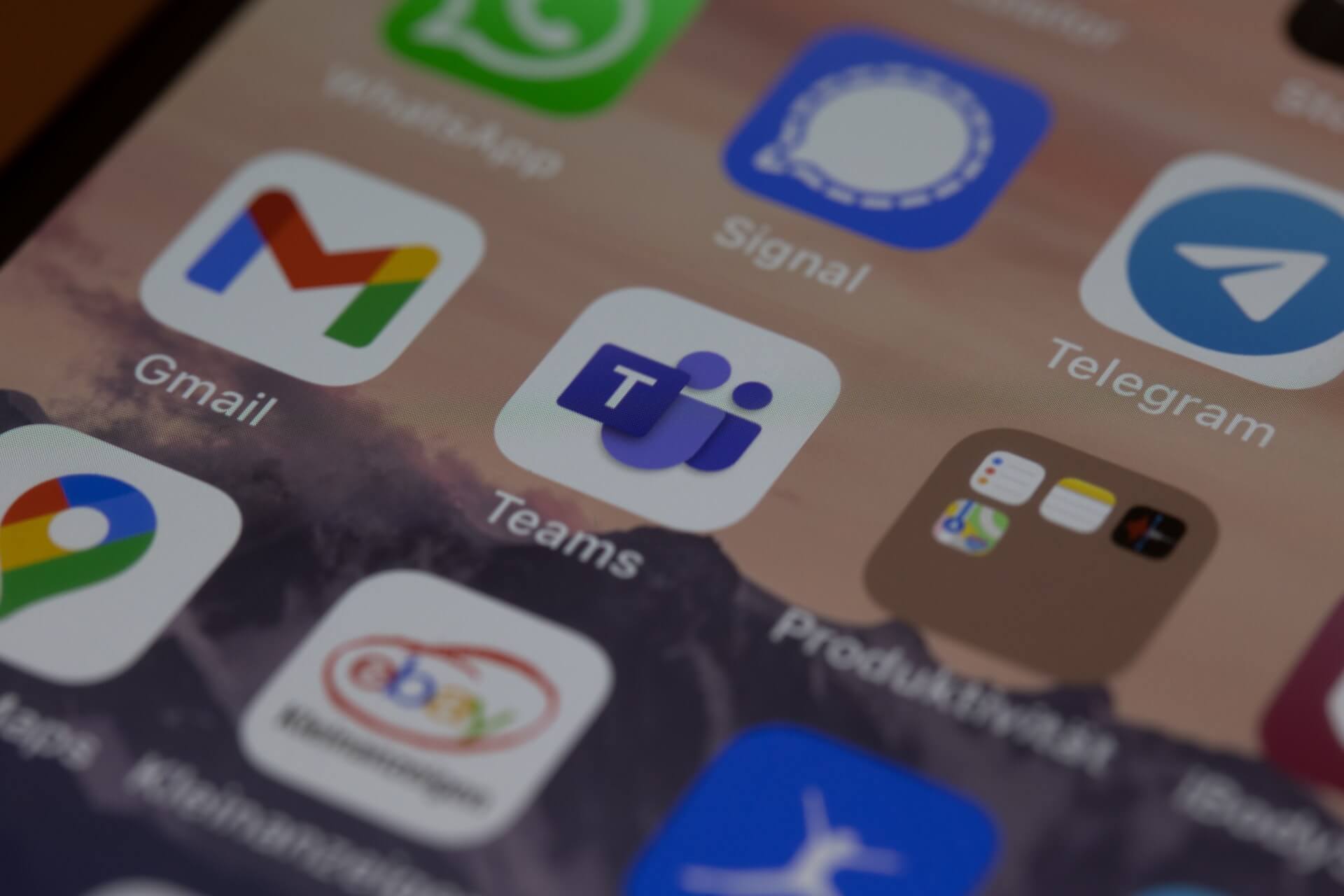Since its inception, employees working within the UK’s police forces have been required to deal with a range of stressful, challenging and potentially dangerous situations, and for many it’s a regular and common occurrence.
Over the years, policing has had to adapt to continually changing demands, such as the growing diversity of communities and crimes to deal with, often while being hindered by budget cuts.
A focus on police mental health and wellbeing in 2017 by the National Police Wellbeing Service revealed that police officers and staff were reporting a higher incidence of work-related mental health problems than any other profession. By the end of 2020, well-being had deteriorated even further, exacerbated by the pressure placed on forces during the Covid-19 pandemic.
As the variety of expectations placed on police have increased, it’s no surprise that employee well-being has taken a hit. Here are some of the key challenges facing the UK’s police forces as we head into 2022, and how something as simple as an employee app can help.
#1 Increasingly diverse communities present new challenges
Communities across the UK, and indeed the world, have become increasingly diverse and complex. From a shift in demographics to an increasingly aging society, this presents a new set of challenges for the police, who are placed under pressure to provide a more sophisticated response to each situation.
The growing complexity of communities means there is a need for change and transformation within policing for the service to adapt to the modern policing environment and meet the communities’ needs. This is made clear in the Policing Vision 2025 report, set out by the National Police Chiefs’ Council, which envisions attracting and retaining “a workforce of confident professionals able to operate with a high degree of autonomy and accountability”, that will “better reflect its communities”.
A transformation of this scale across the UK’s police forces would require clear communication and providing police staff with the information they need to do their job at any given time, which is a challenge with so many employees dispersed and working in different roles, departments and locations.

How an employee app can help: improving internal communications
Internal communication plays a key role in the employee experience and when done right, it can boost employees’ motivation and sense of connectedness, not just with their colleagues but also their employer and its vision and values. An employee app can transform internal communications, making it quick and easy to reach every employee everywhere, even those without email access, and provide them with the information they need in to do their jobs, regardless of whether they’re in the office or working remotely.
Wiltshire Police did just that with Thrive.App. With a large area to cover of 1,346 miles and several towns, Wiltshire Police needed a way to be able to communicate with their 2,000-strong dispersed workforce. Using their Thrive app, ‘Siren’, they were able to transform their internal communications by providing their officers with an interactive information hub that could be easily accessed when they’re out and about. Here’s their full employee app success story.
#2 The changing nature of crime affects the skills required of the police force
The nature and range of crime is continuing to grow and change with new and evolving challenges. Online crime, or cybercrime, has grown dramatically with the internet providing the opportunity to commit new types of crime, enabling some crime types to be carried out on an industrial scale, and facilitating many forms of “traditional” crime.
As a result of globalisation and more services and transactions now taking place online, police are faced with significant increases in cases of fraud, data theft, child exploitation and domestic abuse, to name just a few. To tackle the growing range of crime, Police Forces will need to be better equipped to deal with new and changing threats, which includes learning and maintaining new and specialist skills, in addition to their required basic training.

How an employee app can help: centralising training resources
With such a range of basic and specialist skills required for modern day policing, planning, managing and providing resources for training for all employees can be a challenge, not to mention saving and storing training certificates over the long term. An employee app like Thrive can support a business’s operational efficiencies by acting as a centralised hub of information and training materials. For Belfast Unemployment Resource Centre, the Thrive app did just that, providing all the necessary learning resources, virtual support and training that their non-native speakers needed during the pandemic.
An employee app can also link seamlessly to existing internal systems for easier and more convenient access to whatever files an employee may need. In the wake of Microsoft Office 365 being rapidly deployed across the UK’s Police Forces, this is a transformational feature as employees can access shared networks or drives like SharePoint from their mobile app as easily as if they were at their desk, removing any need for documents to be moved or duplicated away from their main or usual location.
#3 A change in culture and leadership is required for innovation
To meet the changing needs of communities across the UK, the service provided by the police is reliant on a workforce that’s made up of a representative mix of people with the necessary skills, knowledge, behaviours and values. A culture that values diversity and recognises, rewards and empowers employees needs to be implemented from the top with effective leadership and management, which is critical if policing is to innovate at the pace required.
The very nature of policing itself is often a barrier to innovation, with the hierarchical system making it difficult for police officers and staff to feel comfortable using their initiative and suggesting ideas to their superiors. Frontline officers usually feel they need approval from their supervisors to do anything new, as innovative ideas often have to go through many levels of ranks for approval before they can be adopted.

How an employee app can help: driving innovation through employee engagement
Having a culture that welcomes challenges and ideas from all employees, regardless of rank, is not just a big enabler of innovation. Giving employees space and encouragement to speak up – essentially opening up a gateway to two-way communications by giving them a voice within the organisation to be heard with, as well as channel for feedback from management – is a strong driver of engagement and leads to a more proactive and confident workforce, something that is key for Police Forces.
An employee app is an invaluable tool for enabling employees, like police officers, to bypass the hierarchical chain of command and share suggestions and feedback directly with the teams and departments who are in the best position to take action and implement them effectively. For the Derry Group Ireland, using the Thrive app to share company-wide updates with their dispersed teams and recognise and acknowledge their staff’s efforts, while giving all employees a platform to have their say, transformed their employee engagement for the better.
#4 Workplace well-being has been hit hard post-Covid
All UK Police Forces have been through major cuts as a result of government austerity over recent years, with consequent knock-on effects on levels of engagement and morale, which in some cases have suffered significantly. Add to that the additional burden of Covid-19 demands placed on frontline officers to enforce restrictions, as well as picking up the extra workload of colleagues being absent through sickness or having to isolate.
Factors that had a notable impact on officers during Covid-19 lockdowns included negative public perception of the police, with concerns that mainstream and social media had distorted the reality of policing during the pandemic, placing them in a difficult ‘no win’ situation. Additionally, police anxiety at responding to standard emergency calls, compared to before the pandemic, had increased, with officers reporting being abused or threatened by members of the public.
The result is an anxious and demoralised workforce whose well-being and job satisfaction has taken a hard hit.

How an employee app can help: bringing satisfaction back into work
When employees are stressed, burnt out and demotivated, they can quickly feel disconnected from their colleagues and employer. For employers, it’s important to remember that productivity – not just the quantity of work but also the quality – is directly impacted by employee well-being and engagement, which can be boosted more easily and quickly than many might think.
For example, with an employee app, this can be as simple as giving staff a platform to share their voice through posts, photos and interactive social features that enable staff to engage with each other, just like they could on social media. Running fun competitions, sharing your appreciation and celebrating staff success are all small and easy-to-use features that can go a long way in re-engaging demotivated teams and fostering that sense of connectedness with their peers. At a time when virtual interactions became most important during the pandemic, here’s how Port Of Tyne thought ‘outside of the box’ with a lockdown challenge to connect and engage with their employees.
#5 There’s a lack of consistency in service delivery
The Policing Vision 2025 report states that “to ensure policing is able to meet changing demands, Forces will have to further change the way that support services are delivered.”, outlining a plan to invest in technology, training and developing common data standards to enable police functions to be delivered more consistently to improve efficiency across the service.
In recent years, almost all Police Forces have undergone a rollout of mobile devices to give their frontline officers, providing easier access to their internal systems with the expectation that this would ultimately give back each officer “an hour a day”. Yet, this objective didn’t account for how unlikely it would actually be for those on the frontline to end up with an hour of spare time each day.
In addition to the rollout of mobile devices, Microsoft Office 365 is rapidly being rolled out across all Police Forces for officers to access documents on the go. In theory, the combined rollout of mobiles along with the Office software suite should give officers more flexibility in how they do their work. Yet, the reality is that corporate software set up specifically for business use is often only usable on work devices, which employees may not always have to hand when they need to access company information. This can be problematic when it comes to communicating internally, with many relying on personal communication tools like WhatsApp to stay informed, despite the security risks and other issues associated with these platforms.

How an employee app can help: bringing internal systems together on one app
Providing staff with tools like mobile devices can certainly help an employer to reach and communicate with their workforce; however, it doesn’t guarantee the device will be used as frequently or in the way it’s intended to be used. It’s therefore critical to consider how the device – in particular, the tools available on it - can be used to support staff in a way that inspires better connection and engagement, in turn improving the likelihood of achieving those longer-term objectives.
As technology continues to advance, so too do the capabilities of digital tools like employee apps. A good employee app can make access to work-related files, documents and systems possible on personal devices as well as work devices, removing the restriction placed on employees to have a work device on hand at all times. Powerful operational features, like Thrive’s Locker - our digital equivalent of a physical locker space – gives employees easy, on-the-go access to the information they need, whether it’s payslips, rotas, case-related documents and personal and confidential files, to mention just a few, along with company updates and important information shared in real time.
Giving employees like police officers and staff everything they need to do their job, all on one secure app, will help encourage them not only to use the technology enabling this but to also become more actively engaged and better equipped to continue effectively delivering a service that keeps their communities safe.
Next Steps…
Would you like to learn more about how our app is specifically designed to help you overcome the challenges faced by your industry?
.svg)
